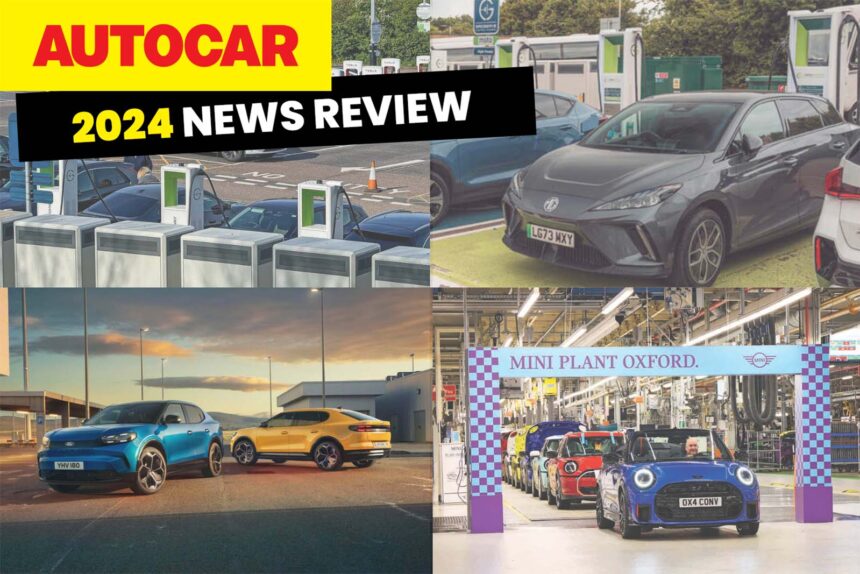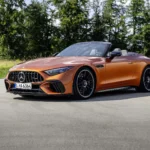The Rise of Affordable Electric Cars in Europe
As the automotive industry in Europe faces challenges with regulations favoring premium models, some manufacturers are taking matters into their own hands. Renault Group’s CEO, de Meo, has called for a shift towards more affordable electric cars, prompting the launch of the Dacia Spring, the cheapest electric car in Europe at £14,995. Despite being built in China, the Dacia Spring has proven to be a viable business proposition, with no plans to move production to Europe.
Renault has further expanded its electric vehicle lineup with the introduction of the made-in-France Renault 5, priced from £22,995. Volkswagen is also gearing up to release budget-friendly electric cars, including the sub-£25,000 ‘ID 2’ and sub-£20,000 ‘ID 1’ models.
New Government Initiatives
With a change in government after 14 years of Conservative rule, there were high expectations for new policies to support the automotive industry. Labour’s promises to reinstate the 2030 ban on new ICE cars, lower insurance costs, and increase charging infrastructure for EVs were met with anticipation.
However, the autumn budget delivered by Chancellor Rachel Reeves fell short of industry expectations. Despite lobbying efforts from major players, no incentives for electric vehicle purchases were introduced. The automotive industry continues to push for government support to drive the adoption of electric vehicles and promote sustainability in the transportation sector.
It remains to be seen whether profits can be sustained in the small electric car market without state subsidies. Manufacturers are innovating and adapting to meet consumer demand for affordable electric vehicles, but government support will be crucial in shaping the future of electric mobility in Europe.





